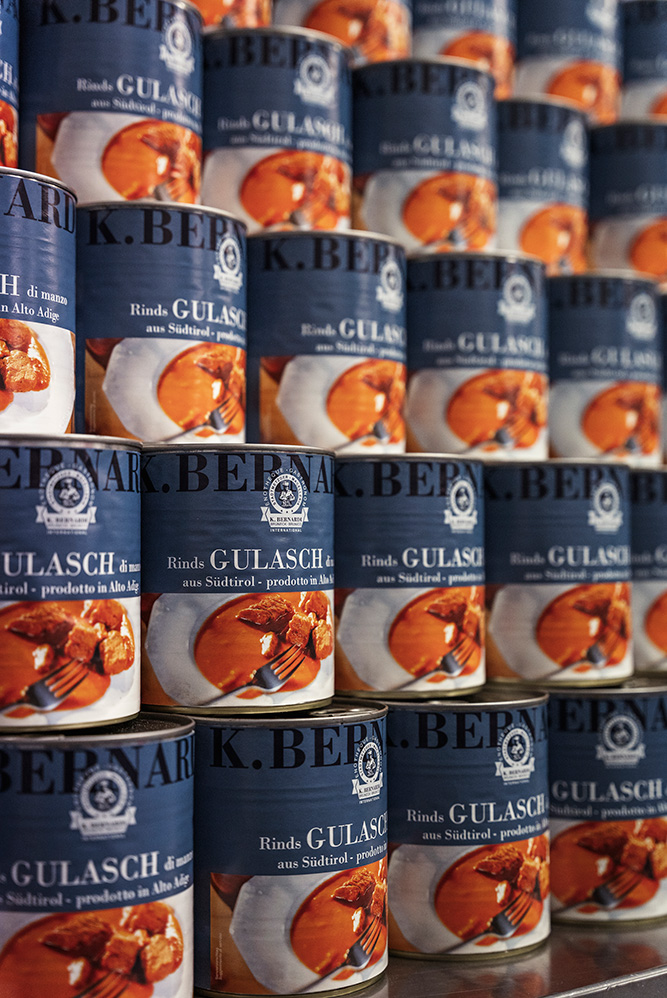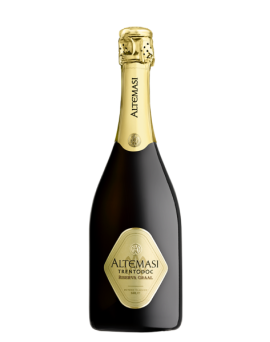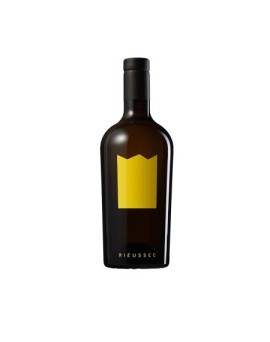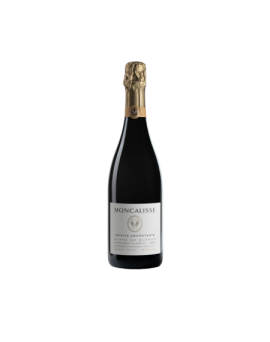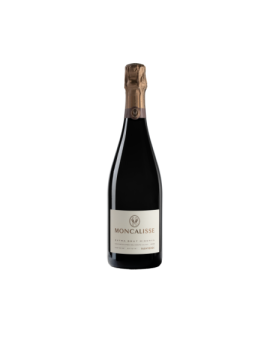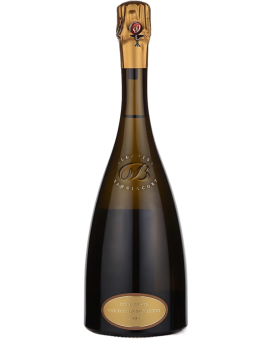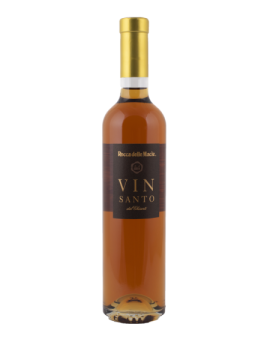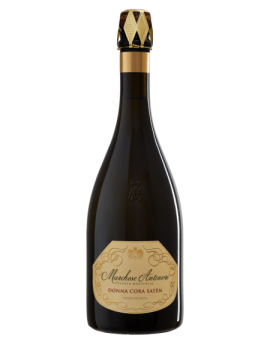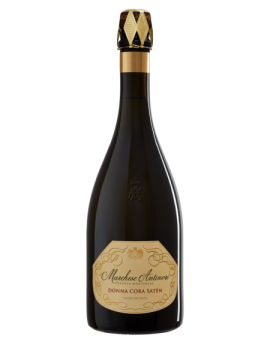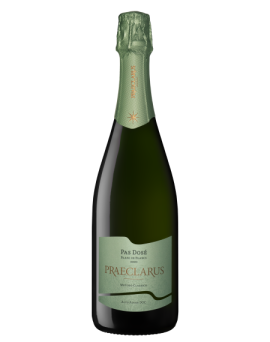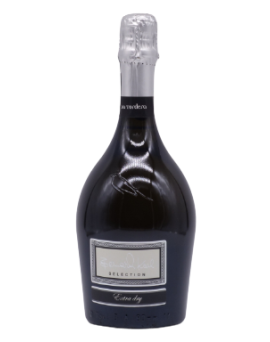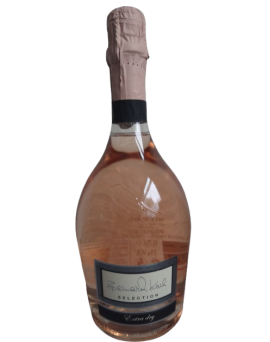Trento DOC Altemasi Graal...
Altemasi Riserva Graal 2014<br />TRENTO DOC CLASSIC METHOD<br />An elegant classic sparkling wine Riserva Millesimato that Cavit produces only with grapes from great vintages. Graal derives from medieval Latin with the meaning of<br />container, this name gained notoriety in the cycle of King Arthur's novels because it was associated with the cup used by Jesus during the Last Supper.<br /><br />Production area: The highest and most suitable hilly areas for sparkling wines in Trentino (Colline di Trento, Altopiano di Brentonico and Valledei Laghi). Medium-textured<br />soils of fluvial-glacial and volcanic nature, on average not very deep and situated at altitudes between 500 and 600 metres above sea level.<br />Grape varieties: 70% Chardonnay and 30% Pinot Noir with a yield of 70 hl per hectare.<br />Climate: After a mild winter with plenty of water, a spring with plenty of rain accompanied us until the beginning of June, followed by a hot, dry summer. Towards the end of<br />August, thunderstorms cooled the days and led to sudden drops in temperature at night. These sudden changes in temperature delayed the ripening process, postponing<br />the start of the harvest until 10 September.<br />Vinification and ageing: Manual harvesting into boxes preceded the traditional soft pressing of the perfectly ripe grapes, with separation of selected fractions of the must,<br />which fermented at a controlled temperature in stainless steel and barriques.frothing took place in May, after a period of maturation of the base wine.the first disgorgement<br />took place 68 months after tirage.<br />Analytical data:<br />Alcohol: 12.50% vol.<br />Total acidity: 6,3 g/l<br />Dry extract: 22 g/l<br />Residual sugars: 5 g/l<br />Contains sulphites<br />Organoleptic characteristics: White mousse with fine and continuous perlage; straw yellow colour with greenish reflections. Fine and intense bouquet with notes of apple<br />and citrus fruits, accompanied by hints of minerals, candied fruit and pastries. Fresh and balanced in the mouth. An important acidity highlights the texture and backbone<br />that support the long persistence and elegance of the wine: Roasted fish, white meat, cheese and stuffed pasta.<br />Serving temperature: 8 -10°C<br />
Price
€61.00

